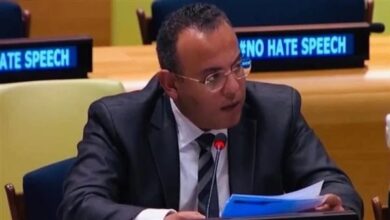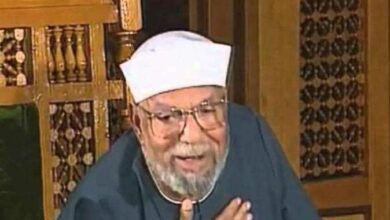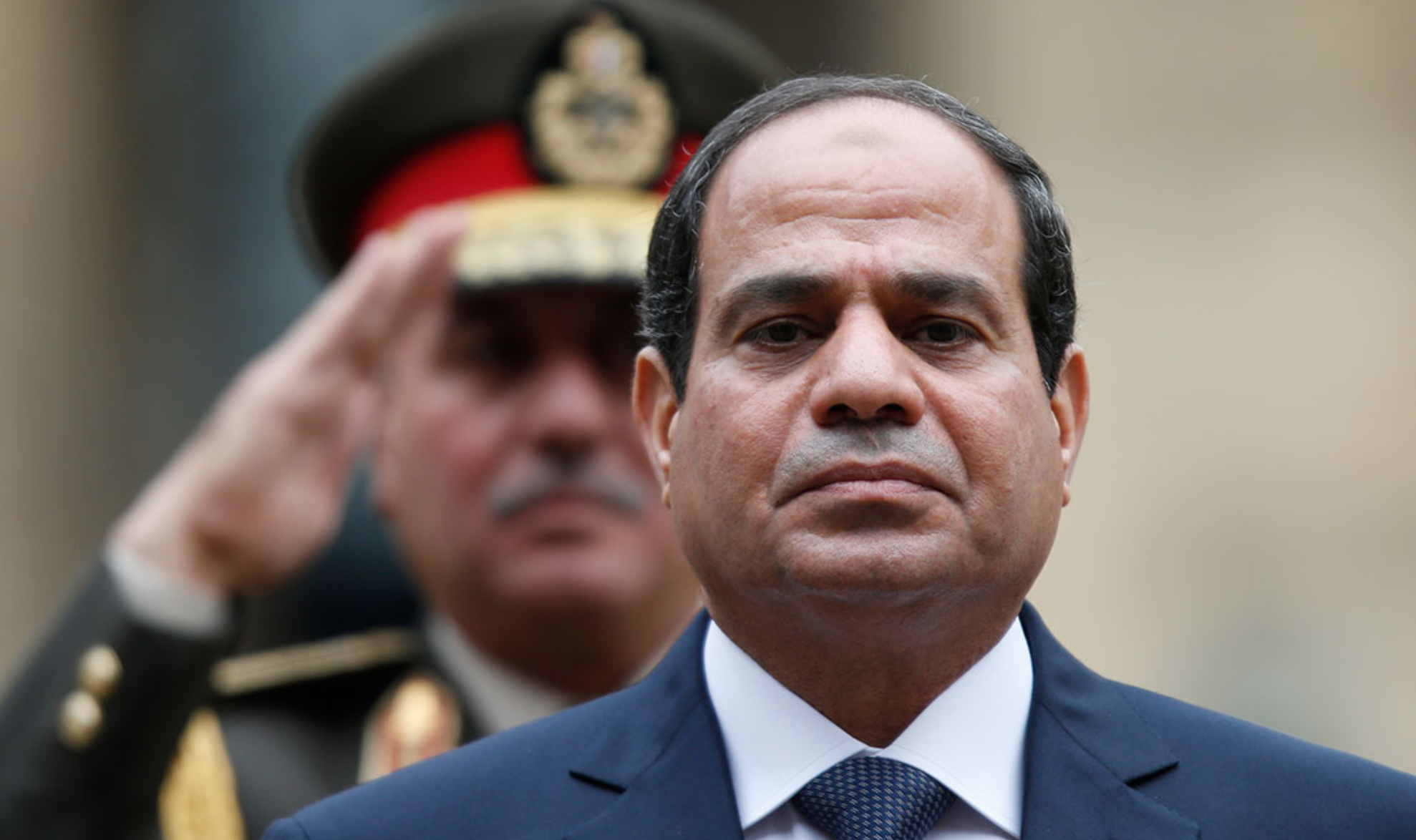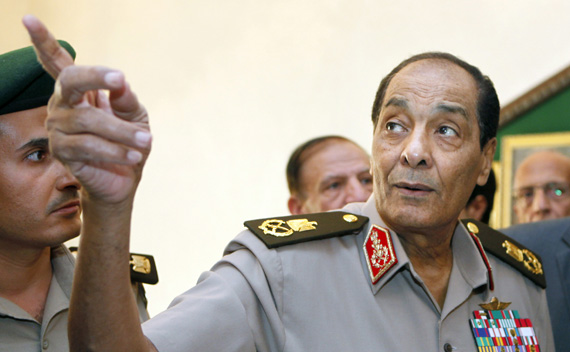Following ElBaradei’s statements that he might run for the upcoming presidential election–under certain conditions, most importantly amendment of the Constitution to allow independent candidates to nominate themselves more easily–and Amr Moussa’s calls to amend the same articles of the Constitution, the Egyptian street has been left wondering whether the regime will respond.
Will Mubarak relinquish power? Will he follow in the footsteps of the Malaysian president Mahathir Mohamed, who voluntarily renounced power?
Al-Masry Al-Youm put the question to a number of politicians and writers close to power, and learned about some aspects of Mubarak’s personality.
So what did they say?
Asked whether calls to amend the Constitution will be heeded, Mansour Hassan, former minister of culture and information, said that he did not think they would be answered in the coming year, because the National Democratic Party (NDP) is convinced that the situation "couldn’t be better".
Mansour added that these demands are not new to the political arena because, over the past years, several figures interested in public work have called for the amendment of Articles 76, 77 and 88 of the Constitution, which outline the method of nomination for the presidency and restrictions concerning it.
The former minister said that change will only happen upon large-scale public engagement showing that the people are fully convinced of the need for reform. When asked whether Mubarak could ever step down while still alive, Hassan said, "This is a hypothetical question that I don’t want to answer because it depends on the decision of the President which I can’t predict."
Abdel Monem Emara, a former minister for youth and sport, said that the situation will remain unchanged and that he believes the constitutional articles will not be amended since the NDP has stated that it does not intend to introduce any constitutional amendments.
Asked if he thought any kind of political reform was possible and whether restrictions on nominations of independent candidates might be loosened, Emara said there was "no hope" of such change, pointing out that Amr Moussa had summed it up well in his interview with Al-Masry Al-Youm when he said "The road to the presidency is blocked."
Emara said that the president is not considering renouncing power, as he has previously announced publicly that he will stay in power so long as his "heart is beating." Emara believes that Mubarak will nominate himself for the 2011 election."I personally hope he nominates himself," he added, saying that Mubarak’s character can be explained in light of his military background. According to Emara, Mubarak considers himself to be "on a military mission that he must accomplish successfully."
Makram Mohamed Ahmed, head of the Journalists Syndicate, predicts that 2010 will bring increased political mobility and see political forces which are better able to realize their demands. Ahmed does not, however, expect the regime to respond to calls for amendment to the Constitution, due to its belief that answering these calls could "open the doors to hell". According to the regime, illegitimate forces are lying in wait, and Egypt is not yet ready for such amendments.
Ahmed expressed his hope that the regime will see the "true picture" and understand that it needs to prove that it is working towards achieving a genuine democracy. In order to establish a true democracy, Ahmed believes that the regime should give all political actors the opportunity to express themselves. He also believes that the committee which authorizes the formation of political parties should be independent from the state.
Ahmed confirmed that the calls to amend the Constitution are supported by a strong popular trend of intellectuals and parties who believe that recent amendments pave the way for the inheritance of power. Ahmed lamented the absence of a serious dialogue between the different political players on the one hand and the institutions of the regime on the other, which should help to reach a compromise on the future of the nation.
When asked whether he thought Mubarak might step down, Ahmed answered, "Before we ask this question, we have to ask other questions such as ‘Why would Mubarak step down?’ and ‘Who will follow him?’ as well as ‘What reasons would drive him to do that?’" According to Ahmed, the president believes he enjoys good health and that he is the legitimate president, and also that the regime isn’t in danger or threatened by powers that could force change. He adds, "But I think that as a human being, he believes everything has an end."
Ahmed went on to say that Mubarak is most likely going to run for the 2011 election, although nothing seems to affirm or deny that; and as such the situation is "uncomfortable" and lacks "clarity and transparency which are necessary in this respect." Ahmed rejected any comparisons between Mubarak and other presidents who renounced power, saying that each country and ruler represent a unique case.
Samir Ragab, editor-in-chief of the newspaper 24 Sa’a (24 Hours), said that amending the Constitution isn’t easy, and that the Constitution cannot be amended again since the introduction of Article 76 already required considerable effort. Ragab believes that the Constitution cannot possibly be amended every one or two years as "not even the US does that." The upcoming elections will be held in accordance with the current Constitution, he said.
Ragab, who is said to have been close to the presidency and to have helped write the president’s speeches, believes that Mubarak will not step down and that he should stay in power to continue with his achievements: "May God grant Mubarak health so he may continue his path."
Translated from the Arabic Edition.




